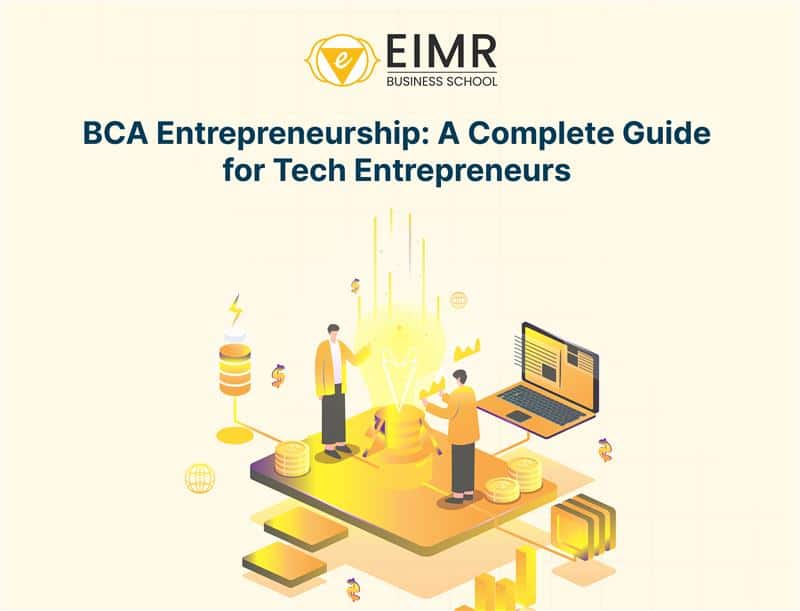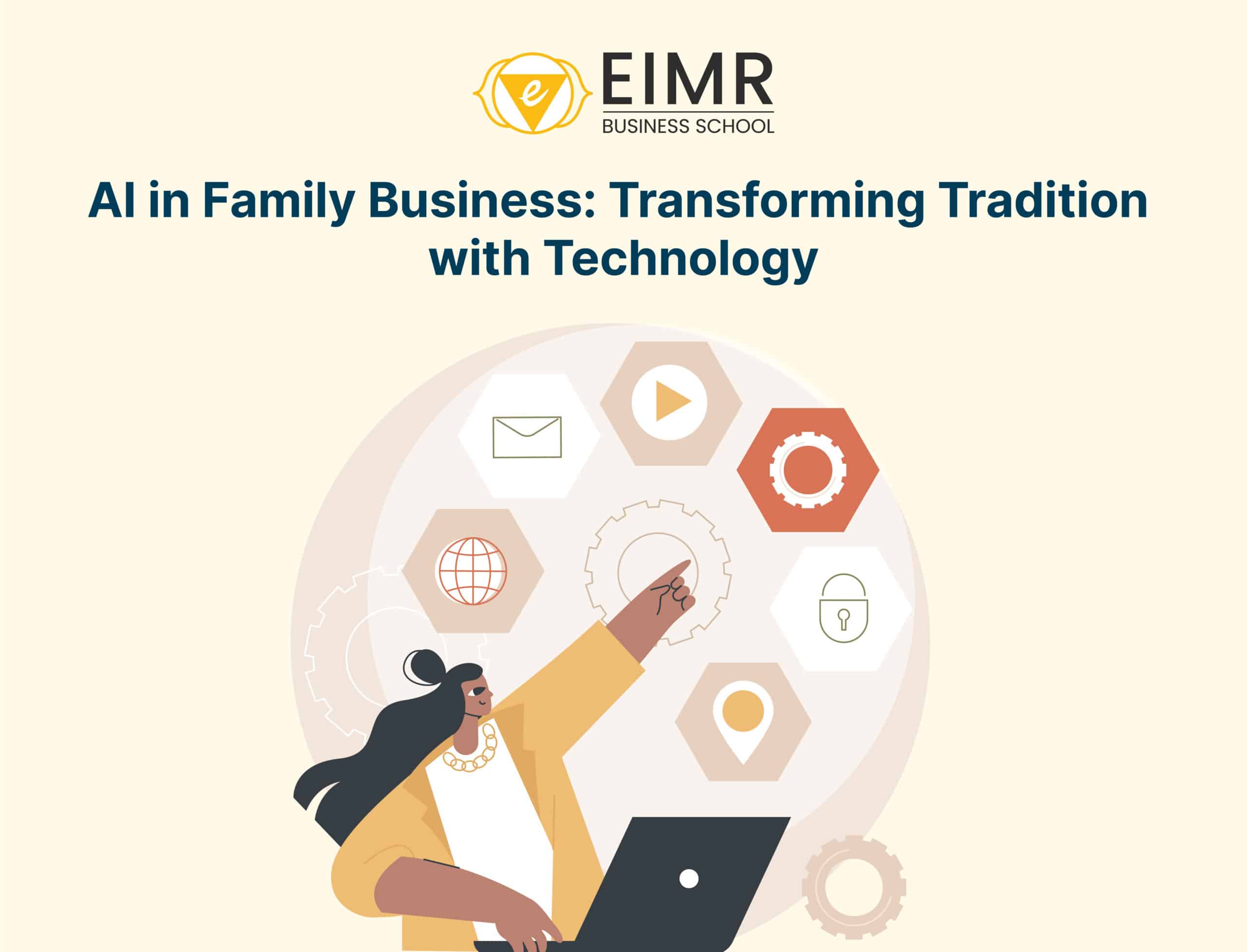Introduction to IOT:
The Internet of Things (IoT) refers to devices equipped with sensors, processing capabilities, software, and other technologies that connect and exchange data with other devices over the Internet or other communication networks. The concept of IoT was first discussed in the 1980s, and the term was coined in 1999. Throughout the following decade, public interest in IoT grew significantly. In 2000, the first device utilizing IoT technology was released, and since then, the implementation of this concept has expanded extensively.
The IoT can be described as a network of interconnected devices and technologies that enable communication between the network and the devices themselves. It encompasses a wide range of applications, from simple smart home systems to complex industrial machinery and transportation systems. As the number of connected devices continues to grow, IoT plays a crucial role in shaping our world, transforming how we live, work, and interact with one another.
Importance of IOT in Education:
Here are several reasons why Internet of Things is important in Education
- Interactive Learning Environments: Implementing the Internet of Things (IoT) in the education industry significantly enhances real-time communication and collaboration between teachers and students. By creating a connected and cohesive community, IoT enables close monitoring of student progress and fosters better classroom interactions among faculty and students.
For instance, IPEVO develops innovative tools and document cameras that facilitate remote teaching, allowing lessons to be recorded and referenced by students at a later time. This technology ensures that educational content is accessible, engaging, and can be reviewed as needed, thereby enriching the overall learning experience. - Customized Learning Approach: The Internet of Things (IoT) enables teachers to create personalized reference materials tailored to the unique learning styles of each student. By leveraging IoT technology, educators can develop customized resources that cater to individual needs, thereby enhancing students’ understanding of complex concepts. This personalized approach not only improves comprehension but also allows teachers to design instructional materials that effectively address the diverse learning preferences within their classrooms.
- Immersive Learning Experience: IoT has revolutionized teaching methods, enhancing the use of whiteboards, visual learning, and the provision of superior learning materials. This advancement has significantly improved the efficiency of concept comprehension, leading to a growing demand for the implementation of IoT in education over time.
- Secure Monitoring: Many schools have implemented IoT-enabled CCTV cameras, attendance checks, and class monitoring devices. These technologies enhance efficiency and ensure the safety of students, teachers, and administrative staff. Given the rising crime rates and safety concerns, the adoption of IoT has significantly improved security measures. Consequently, there is a growing trend in integrating IoT into more devices, including smartphones, smartwatches, and vehicles.
- Automating Process: IoT solutions in the education sector empower teachers to engage in more creative work and continually enhance their skills, freeing them from bureaucratic tasks and routine activities. These technologies facilitate the online evaluation of exam papers, grading, assignment distribution, and schedule management. This efficient use of time allows both students and teachers to dedicate more time to research and meaningful learning activities.
- Resource Usage Optimization: One significant advantage of IoT in education is its accessibility and ease of operation from anywhere. This technology allows remote control of resources such as lights, fans, and whiteboards, leading to resource savings and increased productivity.







